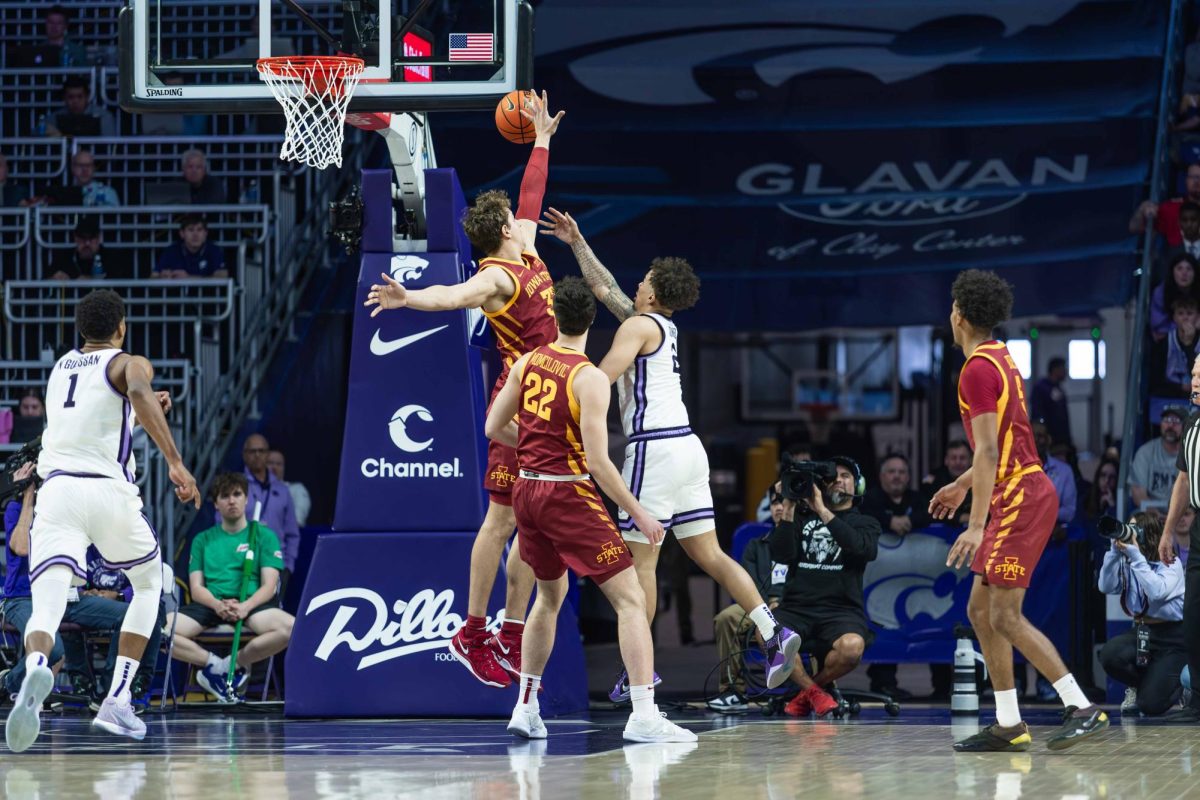Professor’s work pays off
October 28, 1998
George Knaphus has a passion for teaching and helping the students he meets everyday.
“We’ve got great students here,” he said. “If I can do something to help them, that’s great.”
And students feel the same way about the 74-year-old botany professor.
The proof lies in student feedback, such as an e-mail from a former student who said she owes her success as a high school science teacher to Knaphus’ instruction. Knaphus said he gets many letters from former students who thank him for being there for them.
His approach to education and lecturing is not a typical one. He actually tells students to sleep during lecture if they need to.
“If students need to sleep for five or 10 minutes, that’s fine,” he said. “They feel more refreshed afterward, and if they miss something, they can ask later.”
Knaphus hands out nickels and dimes to students who give good answers during his lectures. He said one time he gave 50 cents to a student who asked a good question.
Knaphus said he had just given what he thought was a great lecture on photosynthesis, and at the end of class, a student asked him why he had to learn about photosynthesis.
“That’s the best question because every professor needs to ask that question when they prepare [a lecture]. ‘Why do students need to learn this?'” he said. “I try to explain that everyday.”
He has also been the adviser for the Liberal Arts and Sciences Council for almost 30 years. He said as adviser he merely serves as a guide for the students.
Knaphus received his bachelor’s degree from the University of Northern Iowa and his M.S. and Ph.D. in plant pathology from Iowa State.
Knaphus also served in World War II. He said his company fought in the middle of the Battle of the Bulge, and only 20 of the 150 men in his company survived the battle.
“I guess I was pretty lucky,” he said.
For the last few months, Knaphus has been fighting a battle of a different kind. He has been undergoing chemotherapy for a mild form of lymphoma.
After several treatments, the cancer is now completely gone from his body, and Knaphus is back to work.
“When I found out I had lymphoma, I was amazed at the letters and visitors I got from all over the world,” Knaphus said.
Former students from as far as Japan and Switzerland have encouraged him through the ordeal. A student in Washington state keeps in touch with Knaphus at least once a week to find out how he is feeling, he said.
Knaphus said he has no intention of retiring, even at an age when many instructors would give up teaching for a life of relaxation.
“How many students would I miss seeing if I retired? It’s such a treasure to see them,” he said. “I may retire someday, but I feel better when I come to work.”






